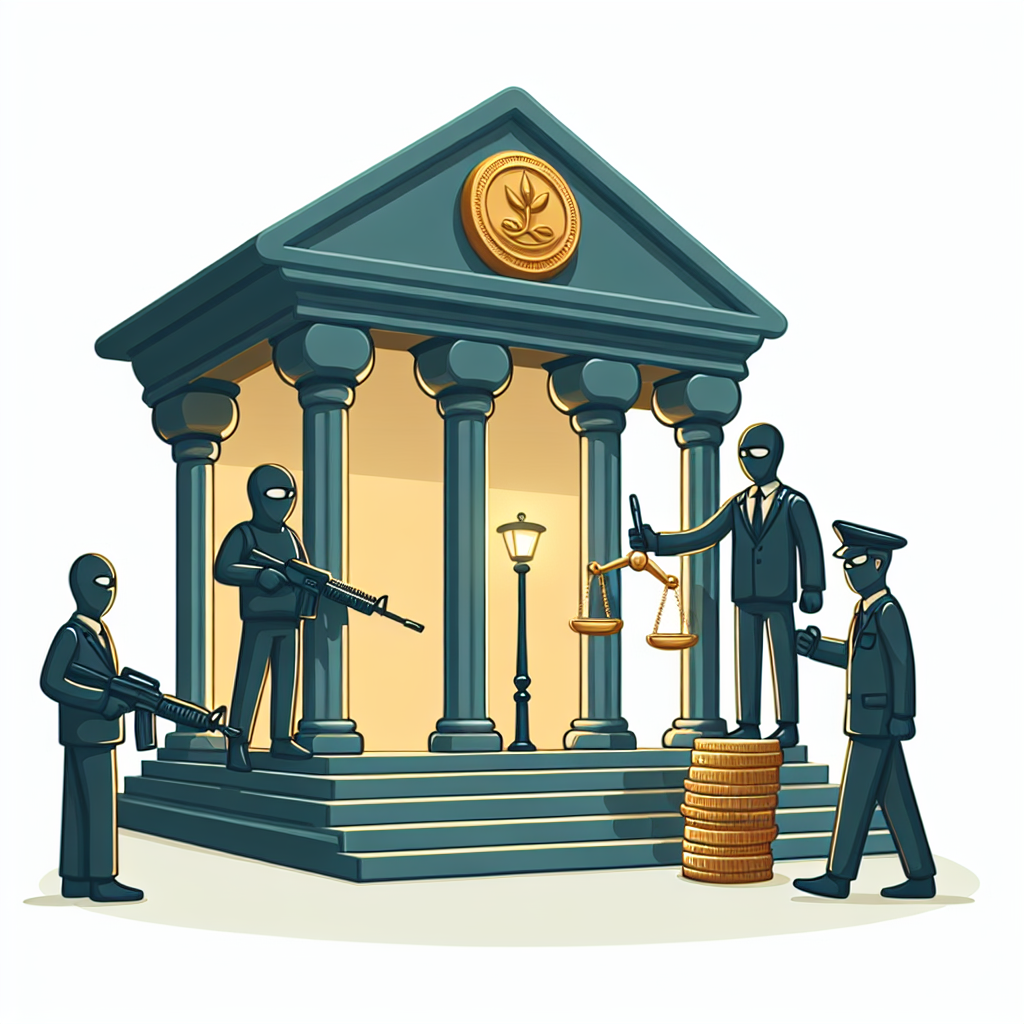Supreme Court Overturns Bail for PFI Members, Cites National Security Concerns
The Supreme Court has set aside a Madras High Court ruling that granted bail to eight alleged PFI members. Emphasizing national security, the apex court endorsed the NIA's charge sheet and materials which suggest the accusations are 'prima facie true' under the Unlawful Activities (Prevention) Act.

- Country:
- India
The Supreme Court on Wednesday set aside a verdict of the Madras High Court which had granted bail to eight alleged PFI members and office bearers, saying national security is always of ''paramount importance'' and any act aiding terrorist activity is liable to be restricted.
The apex court said it was satisfied with the charge sheet filed in the case and material and documents relied upon by the National Investigation Agency (NIA) that there were reasonable grounds for believing that the accusations against them were ''prima facie true''.
The top court delivered its verdict on NIA's appeal against the high court's October 19 last year verdict granting bail to these eight accused, who are alleged to be members of the Popular Front of India (PFI), in a case registered under the provisions of the Unlawful Activities (Prevention) Act and the Indian Penal Code.
A bench of Justices Bela M Trivedi and Pankaj Mithal said it was conscious of the legal position that it should be slow in interfering with the order when bail has been granted by the high court. However it is equally well settled that if such order of granting bail is found to be illegal and perverse, it must be set aside, it said.
''This court has often interpreted the counter terrorism enactments to strike a balance between the civil liberties of the accused, human rights of the victims and compelling interest of the state,'' the bench said. ''It cannot be denied that national security is always of paramount importance and any act in aid to any terrorist act – violent or non-violent is liable to be restricted,'' it said.
The bench said the UAPA was one of those Acts that have been enacted to provide for effective prevention of certain unlawful activities of individuals and associations, and to deal with terrorist activities, as also to impose reasonable restrictions on the civil liberties of persons in the interest of sovereignty and integrity of India.
It said there was sufficient material in the form of statements of witnesses and other incriminating evidence in the form of digital devices, books, photographs etc collected during the investigation and relied upon by the NIA to form an opinion that there were reasonable grounds for believing that accusations against the accused were prima facie true.
''Considering the nature and gravity of the alleged offences and considering their criminal antecedents, in our opinion high court should not have taken a lenient view, more particularly when there was sufficient material to show their prima facie involvement in the alleged offences under the UAPA,'' the bench said.
''In the instant case, we are satisfied from the charge sheet as also the other material/documents relied upon by the appellant (NIA) that there are reasonable grounds for believing that the accusations against the respondents are prima facie true and that the mandate contained in the proviso to section 43(D)(5) would be applicable for not releasing the respondents on bail,'' it said.
While setting aside the high court verdict, the top court said these eight accused shall forthwith surrender themselves before the NIA. Noting that charge sheet has already been filed before the trial court, the bench directed that the special court shall proceed with the trial as expeditiously as possible and in accordance with law, without being influenced by any of the observations made by the apex court in this order.
It noted that the eight accused -- Barakathullah, Idris, Mohamed Abuthahir, Khalid Mohammed, Syed Ishaq, Khaja Mohaideen, Yasar Arafath and Fayaz Ahmed -- were arrested on September 22, 2022 and were in custody hardly for 1.5 years.
On October 20 last year, the apex court had posted the NIA's plea challenging the high court order for hearing after advocate Rajat Nair, appearing for the anti-terror agency, mentioned it for urgent listing.
In its plea, the NIA had claimed that the PFI is a fundamentalist Islamic organisation and it was formed only to achieve the ''dangerous goal'' of establishing Muslim rule in India governed by Sharia law.
It had said an FIR was registered against the alleged office bearers, members and cadres of the PFI, which had been spreading the extremist ideology across Tamil Nadu after establishing its state headquarters at Purasaiwakkam in Chennai and offices in various districts of the state through their frontal organisations. ''It is respectfully submitted that the leaders/cadres of PFI had formed the organisation only to achieve a dangerous goal of 'Vision India 2047', that is to make this country ruled by Muslims as per sharia law,'' it had said.
(This story has not been edited by Devdiscourse staff and is auto-generated from a syndicated feed.)










